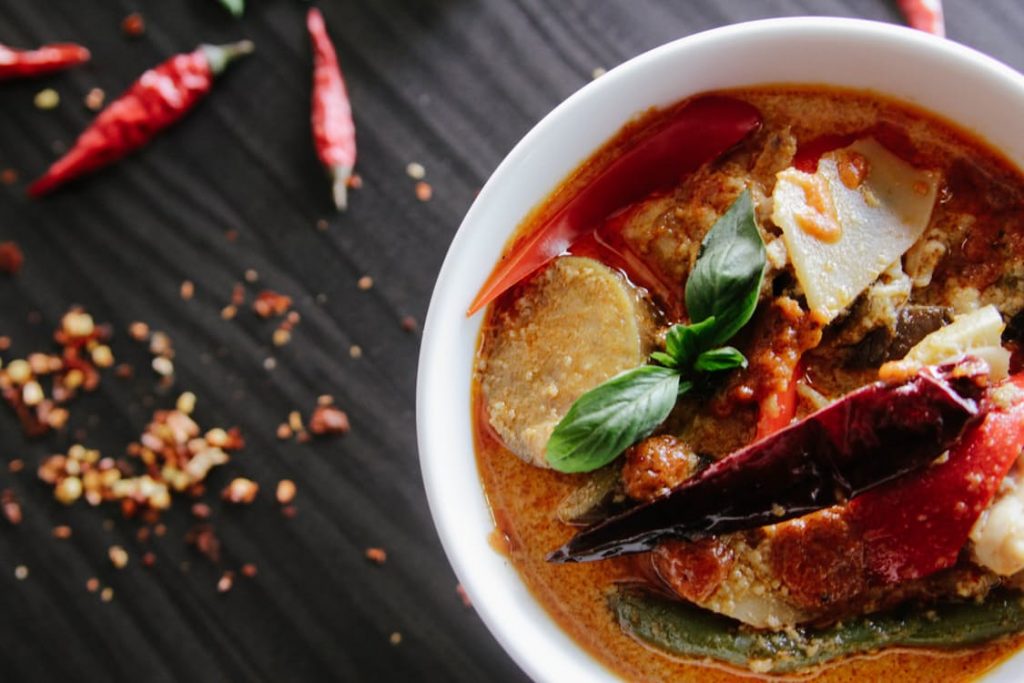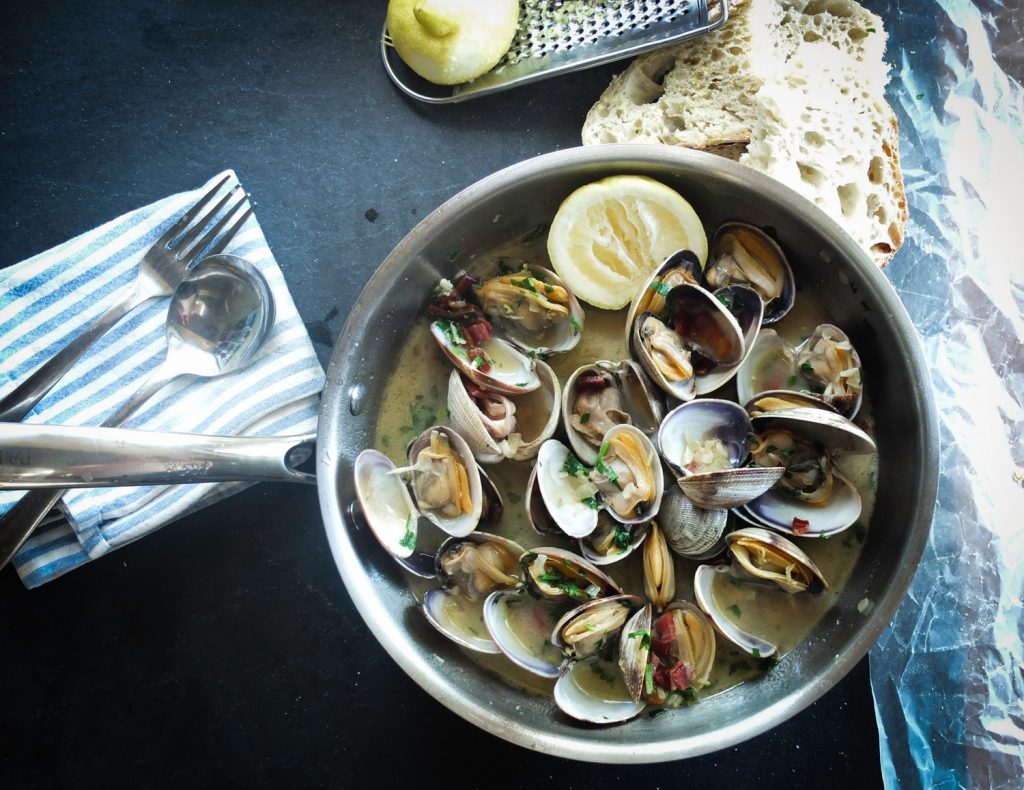Top 10 Healthiest Cuisines in the World
FOR STUDENTS
Personal trainer of celebrities Harley Pasternak, in his healthy eating endeavors, has researched different national cuisines to identify which of them offered the best chances to stay fit and slim. Here is what he came up with and our paper writer want to share this information with you.
Number one: Japan
Although Japanese cuisine is associated only with rice and fish, our Asian friends also eat plenty of vegetables such as broccoli and cabbage. They get proteins mainly from fish and soy products, therefore, their food is almost cholesterol-free. Moreover, they favor the habit of eating just enough to stay a little bit hungry after a meal. If you want to take it up as well, do not overeat and wait for 15 minutes after you finished. The brain will realize that you are fed and won’t require any more food.
Number two: Singapore
Although this country is a kingdom of rice, they achieved utmost variety in the ways to cook it. Rice is usually accompanied by fish and vegetables and rarely with meat. It helps to obtain large amounts of cholesterol-free fats, proteins and vitamins. Moreover, they prefer fruit to any kinds of sweets.

Number three: China
Most frequent ingredients in the Chinese cuisine are fruit, vegetables, wholegrain cereals and beans. Although they tend to fry their food, this kind of frying is far less harmful to your health. Ingredients are chopped and fried in a small amount of oil with constant stirring.
Number four: Switzerland
Although poorly supplied with fruit and vegetables, Swedish cuisine relies on wholegrain cereals, fish and fermented dairy products. Thus, they get plenty of cellulose and have cardiovascular systems strengthened.
Number five: France
Although the French eat plenty of food with high contents of fat, they prefer baking to frying, which eliminates coating and oil. Also, the servings are rather small.

Number six: Italy
Italian cuisine is based on vegetables, beans and vegetable fats. Olive oil is highly appreciated, which is good for the cardiovascular system. Meat is most frequently boiled or steamed and only rarely fried.
Number seven: Spain
Being reach in meat, especially pork, Spanish cuisine also contains beans and vegetables, olive oil and seafood. They rarely roast their meat – steaming and frying without oil is used way more frequently.
Number eight: South Korea
Korean cuisine is, no doubt, low-fat. They eat soy cottage cheese, vegetables, fish and noodles, and only rarely – fried meat.
Number nine: Israel
The Israeli resort to egg-plants and beans, dressing them with oil, herbs and spices, which increase metabolism. They save on salt and choose ingredients that contain plenty of calcium (sesame).

Number ten: Greece
Plenty of vegetables, olive oil, cheese, whole grain products, fish and peas keep 75% of the population slim and healthy.
As you see, fish, vegetables and olive oil make the day. If you add them to your daily ration and exclude mayonnaise and other rich sauces, you will hardly feel the difference in taste, but you definitely will on the hips.


